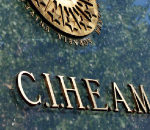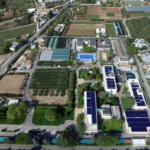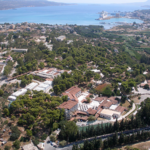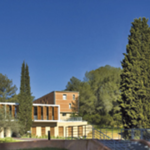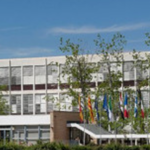Posted on May 27, 2024
Thierry DUPEUBLE, Director of CIHEAM Montpellier, Omar BESSAOUD, former Scientific Administrator of CIHEAM Montpellier, and Raúl Compés, Director of CIHEAM Zaragoza, were part of a CIHEAM delegation led by Secretary General Teodoro Miano and Administrator Yasmine SEGHIRATE.
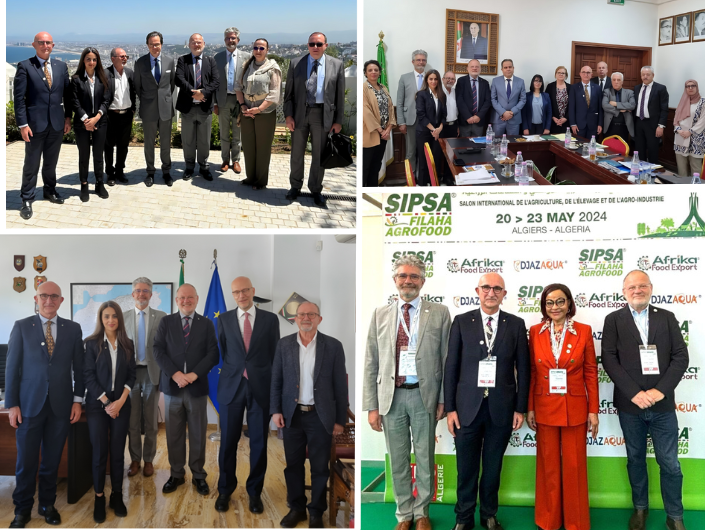
From 20 to 24 May 2024, the city of Algiers hosted a delegation from CIHEAM at the 22nd edition of the SIPSA FILAHA International Exhibition of Agriculture, Livestock, and Agribusiness. This prestigious event served as a backdrop for several significant gatherings, including the inaugural Panafrican Food Debate conference, the DjazAqua Forum in partnership with France's Économie Bleue programme, and the Afrika Food Export Forum.
This visit to Algeria also enabled several working meetings held with the Ministry of Agriculture and Rural Development and associated institutes during which future collaborations to be developed in the fields of training, research and technical cooperation were discussed.
Finally, the CIHEAM delegation visited the ambassadors of Spain, France, and Italy, host countries of the CIHEAM institutes in Zaragoza, Montpellier, and Bari. A member of the CIHEAM since 1986, Algeria actively participates in many research and cooperation programs of the organisation. Furthermore, the numerous Algerian alumni trained in the four CIHEAM institutes represent a unique human resource for relations between Algeria and the CIHEAM.
SIPSA FILAHA SHOW AND PANAFRICAN CONFERENCE
The CIHEAM delegation, led by Secretary General Teodoro Miano and Administrator Yasmine Seghirate, included Director of CIHEAM Zaragoza Raul Compés, Director of CIHEAM Montpellier Thierry Dupeuble, and former Principal Scientific Administrator of CIHEAM Montpellier Omar Bessaoud. These representatives took an active part in the SIPSA FILAHA exhibition, which featured the inaugural edition of the traveling conference "The Panafrican Food Debate."
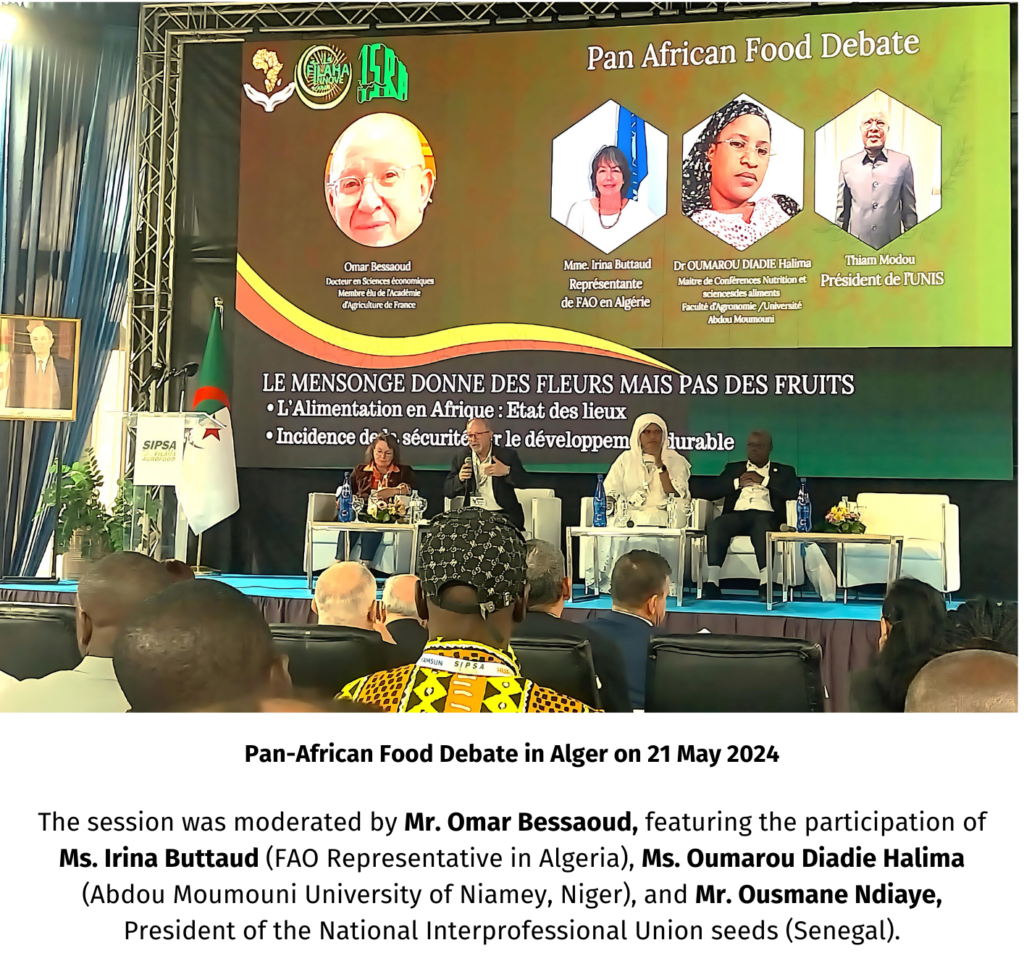
Co-organised by the Filaha Innov Think Tank and the Institut Sénégalais des Recherches Agricoles (ISRA), this high-level meeting was intended as a space for discussion and cooperation between African States on sustainable and inclusive food systems in the context of climate change, water stress and facing socio-economic challenges in agricultural and rural areas.
On this occasion, discussions were held with several decision-makers, including H.E. Ms Josefa Leonel Correia Sacko, African Union Commissioner for Agriculture, Rural Development, Blue Economy and Sustainable Environment.
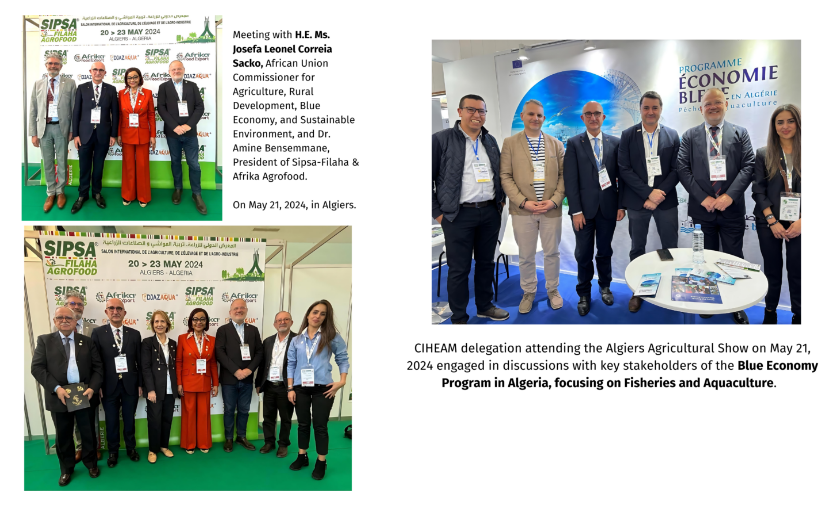
WORK MEETINGS AT THE MINISTRY OF AGRICULTURE AND THE INSTITUTES (22-24 MAY)
The Secretary General of the Ministry of Agriculture and Rural Development, Mr. Hamid Bensaâd, received the CIHEAM delegation in the presence of the directors of the production, cooperation, training, research, and innovation departments and the Director General of INRAA.
During these meetings, future collaborations to be developed in the fields of research and technical cooperation were discussed, in line with the country's new agricultural strategy, which aims to strengthen food self-sufficiency, modernisation, and innovation dynamics, accompany investors, integrate small farms into value chains or even preserve natural resources. Avenues are being analysed to offer Algeria tailor-made training courses for managers and professionals, to develop joint cooperation and research projects, or to set up a Master of Innovation and Entrepreneurship for young people in Algeria.
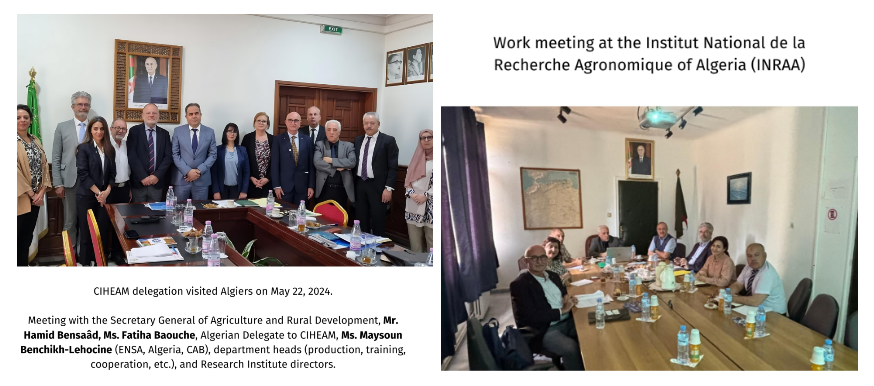
VISIT TO EMBASSIES
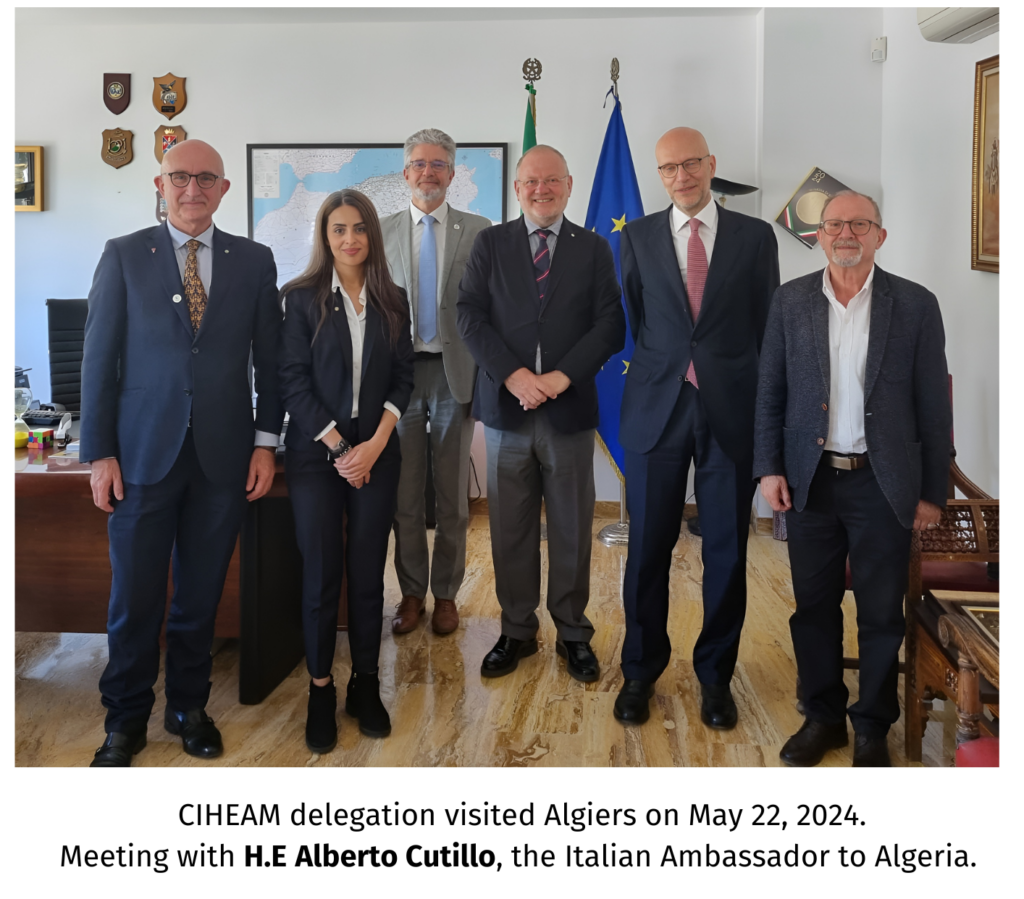
The CIHEAM delegation was received by the Ambassadors of France, Italy, and Spain to present its ongoing activities with Algeria and to recall the importance of relations with the country.
The CIHEAM Institutes of Montpellier (France), Zaragoza (Spain), Chania (Greece), and Bari (Italy), which host many students and researchers, count several Algerians among their teaching staff and project coordinators.
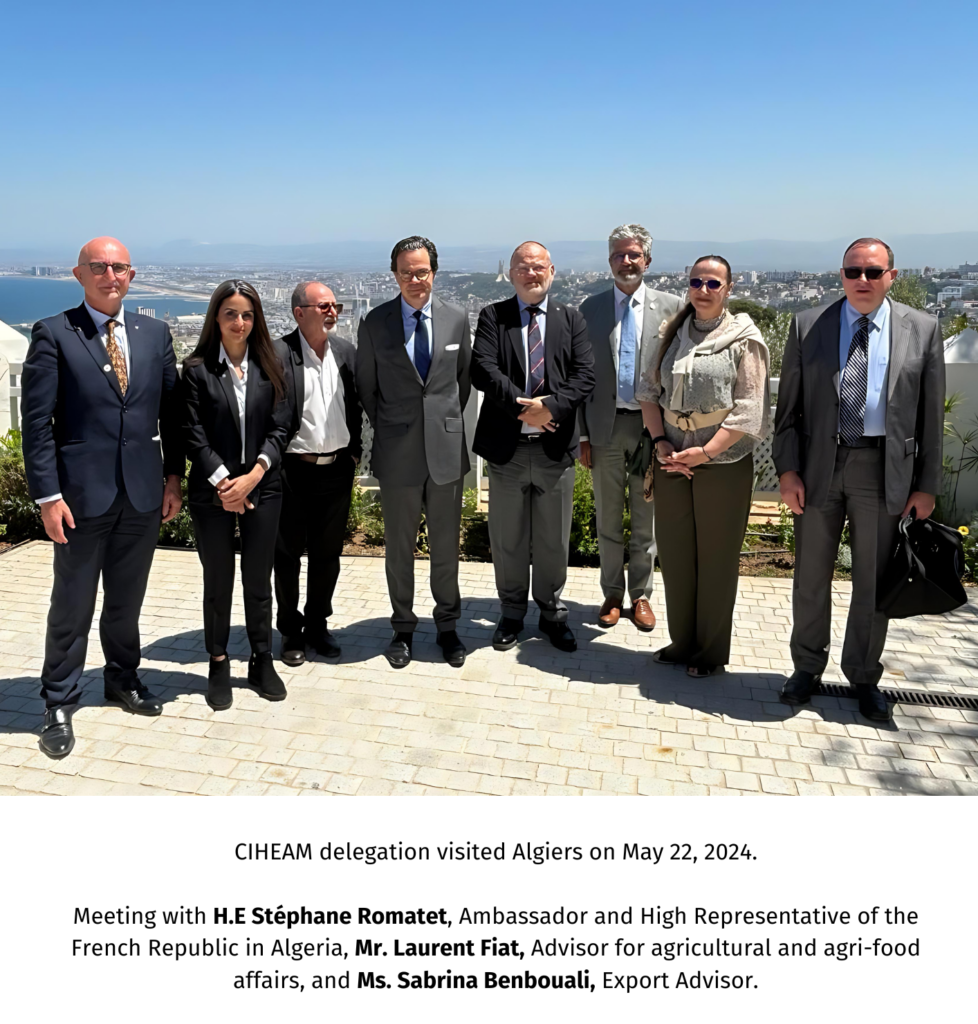
Today, some 30 CIHEAM projects are underway in Algeria in the fields of sustainable resource and energy management, reduction of agricultural losses and food waste along supply chains, improving the conservation of agrobiodiversity and agroecological practices, mitigating and adapting to climate change, and animal and plant health.
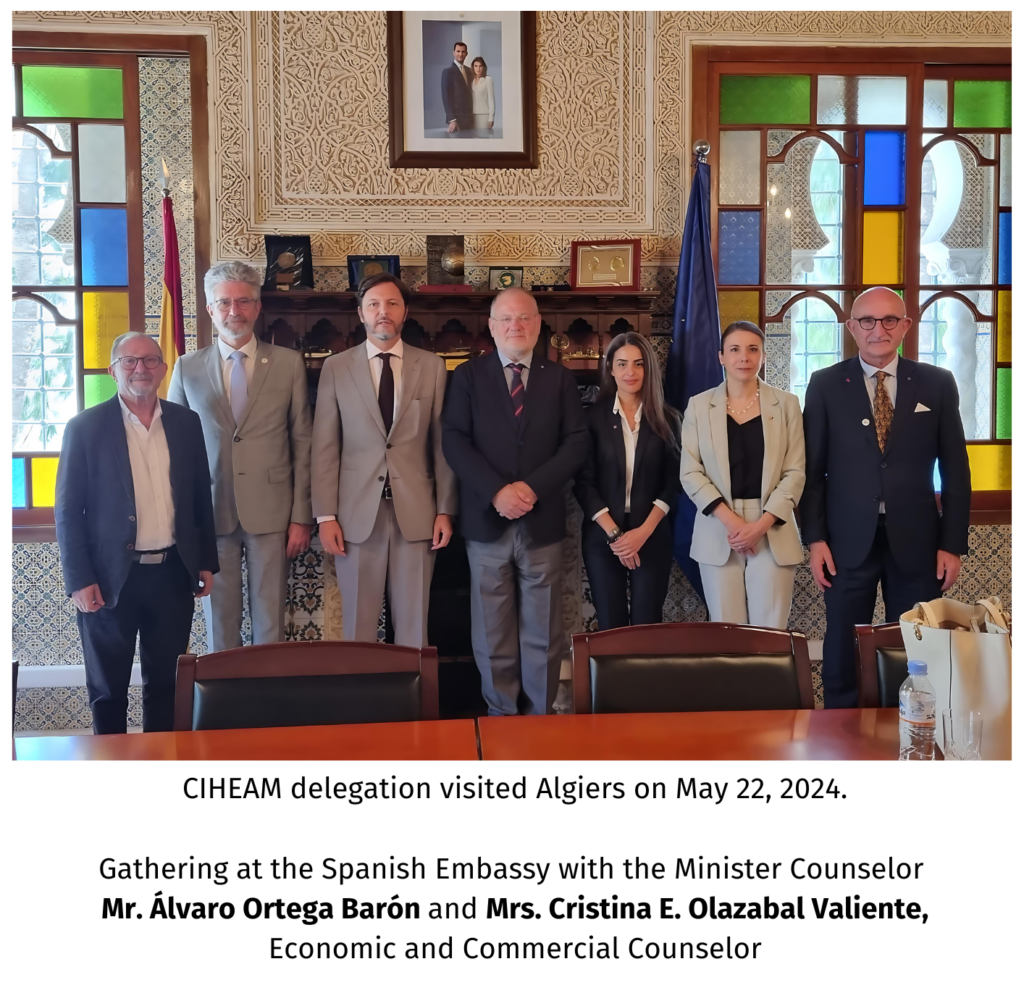


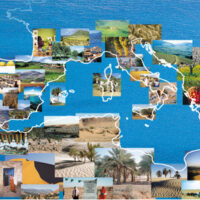 CIHEAM MontpellierOur vision is that of a Mediterranean basin characterised by a spirit of cooperation.
CIHEAM MontpellierOur vision is that of a Mediterranean basin characterised by a spirit of cooperation.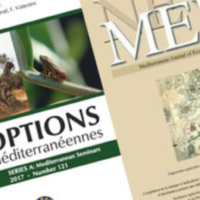 CIHEAM publicationsOur publications and communication tools aim to facilitate decision-making processes for political, economic and agricultural actors in the Mediterranean region
CIHEAM publicationsOur publications and communication tools aim to facilitate decision-making processes for political, economic and agricultural actors in the Mediterranean region News and events
News and events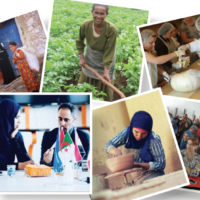 Press review (Scoop.it)
Press review (Scoop.it) Master programmesThe CIHEAM Montpellier stands for both personalised accompaniment and international openness.
Master programmesThe CIHEAM Montpellier stands for both personalised accompaniment and international openness.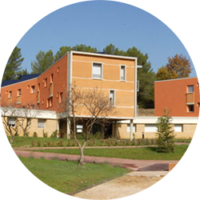 Campus & student lifeSince 1962, almost 95% of our foreign students have been granted accommodation on site.
Campus & student lifeSince 1962, almost 95% of our foreign students have been granted accommodation on site.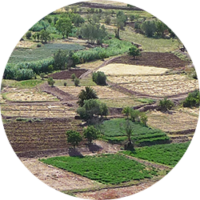 Doctoral platformShaping the scientists of tomorrow through research training… A natural commitment of the CIHEAM Montpellier
Doctoral platformShaping the scientists of tomorrow through research training… A natural commitment of the CIHEAM Montpellier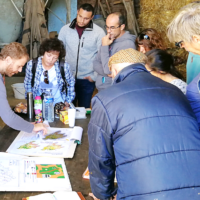 ProjectsOur research and cooperation projects are tools for inclusive development, they take into account the populations and rural and coastal territories of the Mediterranean.
ProjectsOur research and cooperation projects are tools for inclusive development, they take into account the populations and rural and coastal territories of the Mediterranean. Mediterranean online catalogueA unique Documentation Center on the Mediterranean,
invested in sharing knowledge.
Mediterranean online catalogueA unique Documentation Center on the Mediterranean,
invested in sharing knowledge. Scientific productionThe scientific production of the CIHEAM Montpellier is the fruit of collaborations by our lecturer-researchers, associated experts, students and research partners.
Scientific productionThe scientific production of the CIHEAM Montpellier is the fruit of collaborations by our lecturer-researchers, associated experts, students and research partners. Becoming partnersCreating partnerships is part of the genetic make-up of the CIHEAM Montpellier... Join one of its projects or study programmes, support its actions.
Becoming partnersCreating partnerships is part of the genetic make-up of the CIHEAM Montpellier... Join one of its projects or study programmes, support its actions.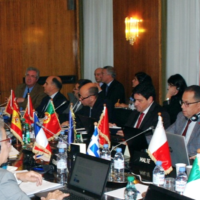 Ministerial meetingsThrough the Ministerial, CIHEAM contributes to the construction of a dialogue between the Mediterranean countries around questions relating to agriculture and the rural world.
Ministerial meetingsThrough the Ministerial, CIHEAM contributes to the construction of a dialogue between the Mediterranean countries around questions relating to agriculture and the rural world.